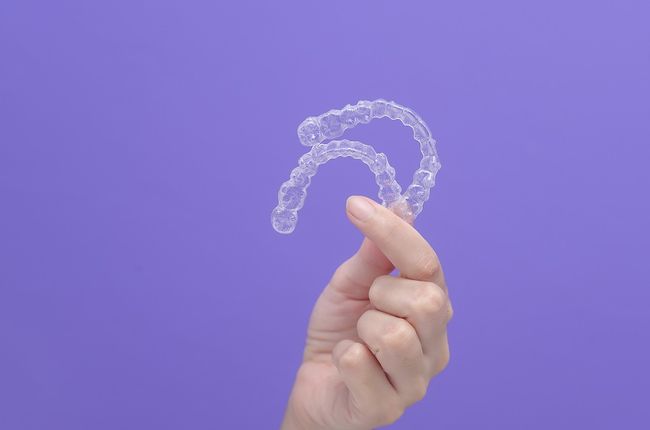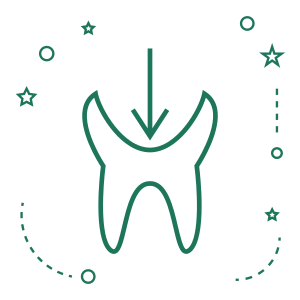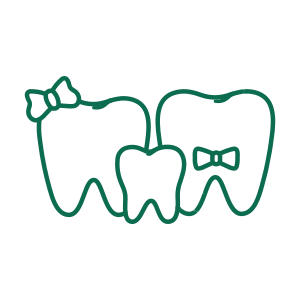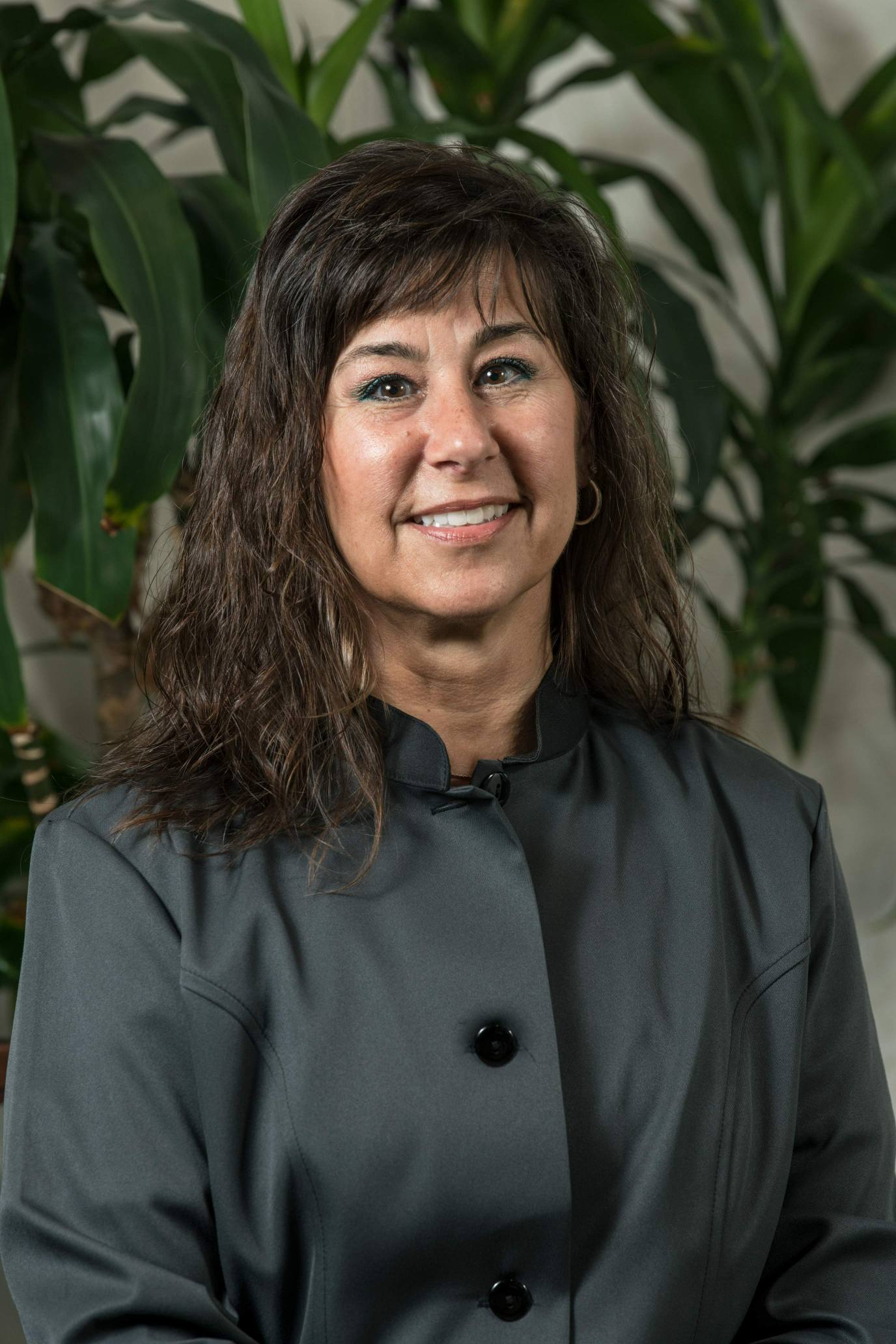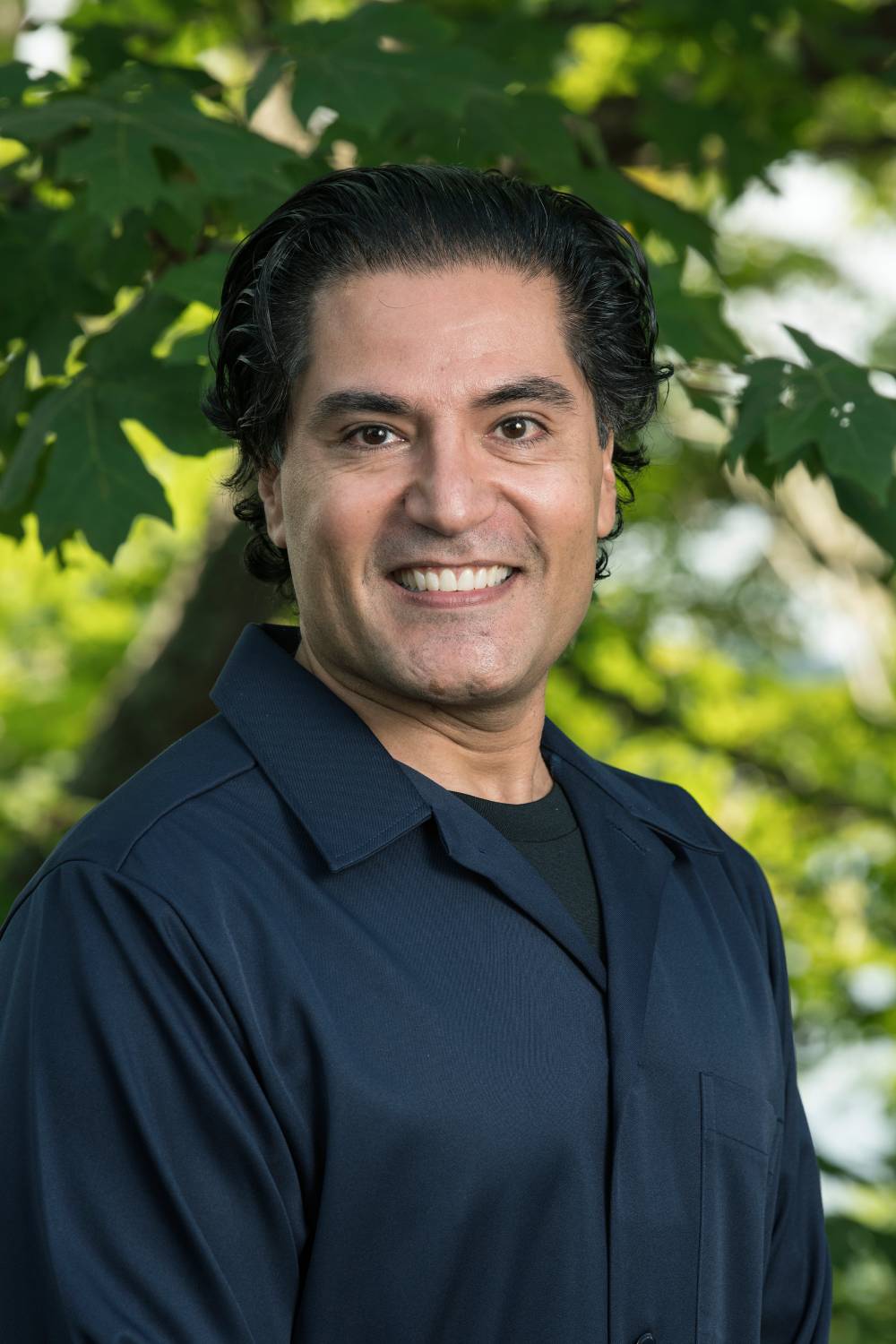Celiac disease is a common health issue that’s most well-known for requiring those who suffer from it to go on a gluten-free diet. However, it impacts much more than just what you can eat! Many people don’t realize that this digestive disorder can have a major influence on the wellbeing of your smile. Since nearly 97% of those with celiac disease are undiagnosed, keeping an eye out for certain symptoms in your mouth can help you catch it as early as possible. Here are four ways celiac disease in Green Lake impacts your oral health and what you can do about it.
Cavities
Experts believe there are two main reasons why those with celiac disease are more prone to cavities. Firstly, undiagnosed celiac disease in children can cause enamel defects in their developing permanent teeth, leaving them more susceptible to decay. Many also believe that deficiencies in vitamin D and calcium can leave enamel weakened and vulnerable to cavities.
The best way to combat this increase in tooth decay is to visit your Green Lake dentist twice a year. Routine checkups allow them to spot and stop the earliest signs of cavities and minimize their damage. Additionally, they’ll provide a thorough cleaning and offer advice on how to best adjust your diet to keep your risk of tooth decay low.
Enamel Defects
As mentioned above, celiac disease in children can influence the development of their permanent teeth and lead to enamel defects. Not only does this include an increased risk of cavities, but the enamel may be thin, sensitive, or discolored. Unfortunately, the enamel cannot heal itself, so the damage is permanent. However, there are a variety of treatments that your dentist may be able to use to correct these issues, like teeth whitening, dental bonding, porcelain veneers, or dental crowns.
Dry Mouth
Dry mouth isn’t just annoying—it hinders your body’s natural defense against tooth decay. This common symptom of celiac disease can sometimes indicate an autoimmune disorder called Sjogren’s syndrome. Your saliva washes away cavity-causing bacteria and brings nutrients to your enamel, so without it, you’re much more likely to develop cavities. If you have chronic dry mouth, you should talk to your dentist. They’ll be able to recommend habits or products that will help keep your mouth moist.
Canker Sores
While it’s unclear why, research indicates that those with celiac disease develop canker sores more frequently than others. These painful sores can develop anywhere in the mouth, including the inside of your lips, around your gums, and on your tongue, and can last for quite some time. Most over-the-counter remedies won’t help them heal any faster, but a prescription mouthwash from your dentist should be much more effective.
Celiac disease can have a major impact on your health, lifestyle, and your smile. If you have this common disorder, it’s important that you visit your dentist twice a year to protect your oral health!

